Moss on roses, harmful?
techiestar
15 years ago
Related Stories
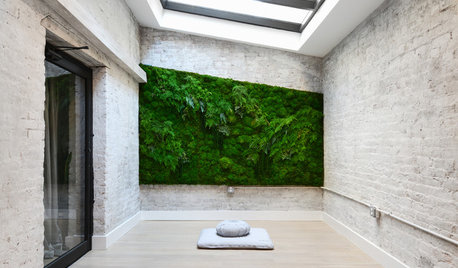
GREEN BUILDINGWorld of Design: The Joy of Moss and Its Modern Uses
This great design plant is 400 million years in the making. See how it’s inspiring art, soothing spaces and building design
Full Story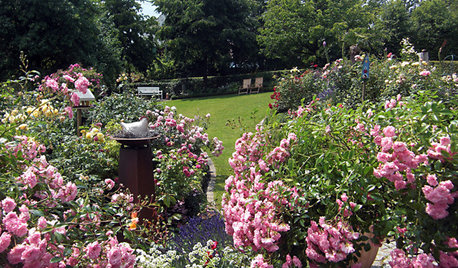
GARDENING GUIDES5 Sweet to Spirited Pink Roses for an Enchanting Garden
Whether you go demure or daring, there's a pink rose here to make you flush with garden pride
Full Story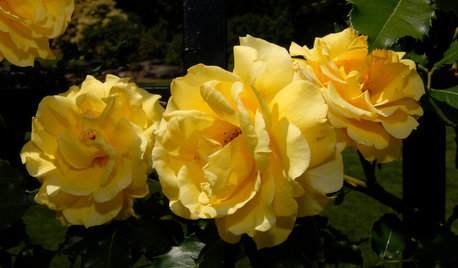
GARDENING GUIDES5 Favorite Yellow Roses for a Joyful Garden
Make 'cheery' the name of your garden game when you order your roses sunny side up
Full Story
WINTER GARDENINGPruning Secrets for Exquisite Roses
Encourage gorgeous blooms year after year with this time-tested advice on how to prune your rosebush in winter for health and shape
Full Story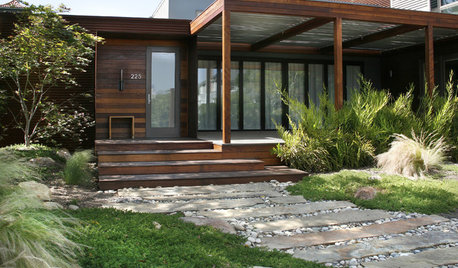
LANDSCAPE DESIGN7 Low-Maintenance Lawn Alternatives
Turf isn't the only ground cover in town. Get a lush no-grass lawn with clover, moss and other easy-care plants
Full Story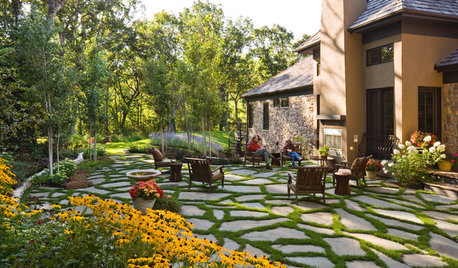
GARDENING AND LANDSCAPINGPatio Pavers Go Green in Between
Kind to the environment and easy on the eyes, pavers with moss or other foliage in the joints create a charming permeable hardscape
Full Story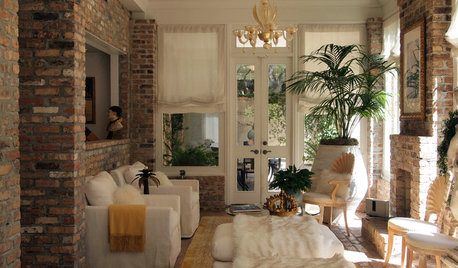
HOUZZ TOURSMy Houzz: Stately Southern Charm in a Federalist-Style Home
Moss-covered oak trees, European antiques and contemporary style set off this Louisiana home
Full Story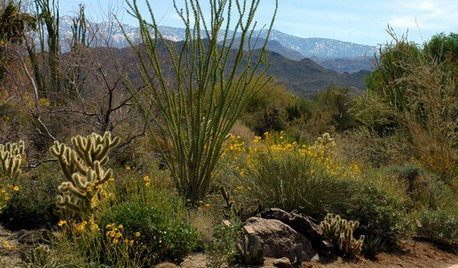
GARDENING GUIDESSouthwest Gardener's April Checklist
Welcome the return of roses and herbs, and consider a new use for vines as you rejoice in your newly green spring garden
Full Story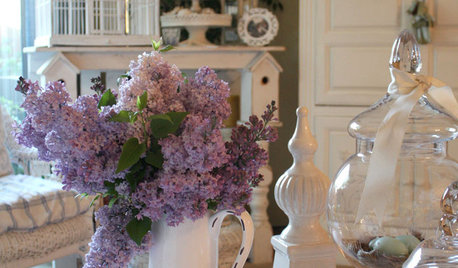
DECORATING GUIDESSo Your Style Is: Romantic
Sweet but not saccharine, romantic design style celebrates the idealistic side of life. Find out if it's the look that makes you swoon
Full Story
HOUZZ TOURSMy Houzz: Pretty Meets Practical in a 1920s Walk-Up
Creative styling gives an 800-square-foot rental such an inspired homey air, you might just miss the office in the living room
Full Story





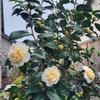
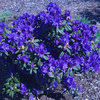
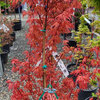
scarleta
Embothrium
scarleta
Embothrium
reg_pnw7